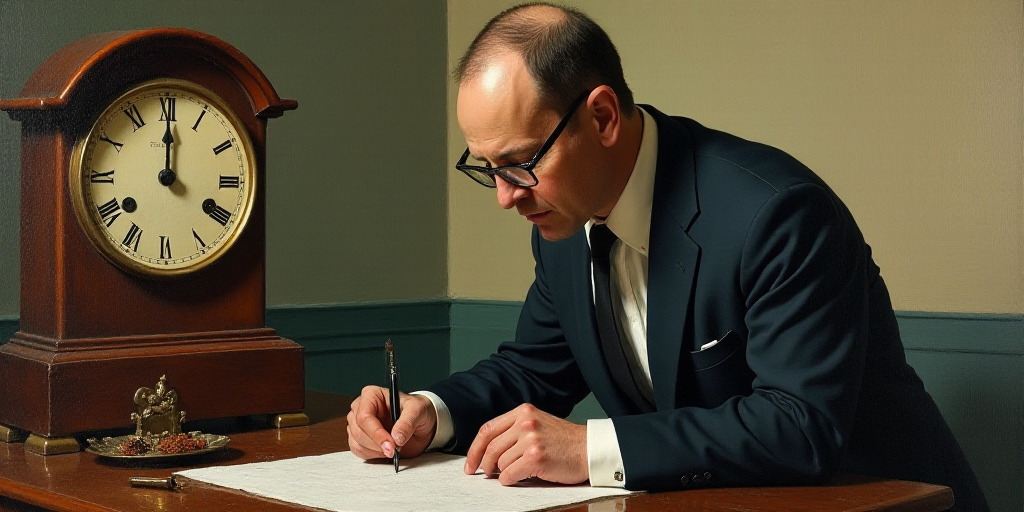Introduction
At first glance, the fact that several former presidents of Latin American countries face legal proceedings may seem like good news. After all, it could signify that institutions are functioning and capable of holding even the most powerful accountable. However, this is only partially true; often, the prosecution of ex-presidents in the region has more to do with political revenge and judicial opportunism than an expression of equality before the law.
Brazil: Jair Bolsonaro’s Legal Challenges
In Brazil, Jair Bolsonaro has been subjected to house arrest and other restrictive measures due to an investigation into a supposed 2023 coup attempt. The inquiry is expected to conclude in September, followed by a trial and subsequent verdict. Bolsonaro has already been stripped of his political rights in 2023, preventing him from running in the upcoming presidential election where Lula da Silva is likely to seek reelection. Bolsonaro poses the greatest electoral threat to the current president, who also failed to run in 2018 due to prior convictions later overturned. In this manner, the judicial route has become an expeditious way to sideline Brazil’s primary political adversary.
Colombia: Álvaro Uribe’s Conviction
In Colombia, former president Álvaro Uribe has also been convicted. As the lifetime leader of the right-wing Centro Democrático party and a staunch opponent of Gustavo Petro, Uribe exits the scene as the country approaches next year’s legislative and presidential elections.
Argentina: Cristina Fernández’s Sentence
In Argentina, Cristina Fernández was sentenced to six years of house arrest and permanent political ineligibility for using shell companies in public works bidding. Beyond Fernández’s guilt as a Peronist leader, the ruling sidelined her most dangerous and popular rival to the current government.
A Pattern of Politically Motivated Justice
In numerous cases, it’s undeniable that ex-presidents engaged in illegal conduct, and their prosecutions should be commended. However, the fact that adverse rulings usually occur after they leave office and a opposing president takes power raises doubts about how justice is administered in the region. The impression remains that what’s being pursued isn’t blind, opportune law enforcement but rather politically motivated revenge to retire a risky competitor, with judges seeking favor by ruling according to convenience.
Consequences for Political Landscape
As a result, what initially appears as institutional strength is actually a weakness. Worse still, this biased form of justice entrenches politicians in their positions since they know they’re untouchable while holding power but become highly vulnerable once they lose it. In most parts of the world, being a former president is an honor for life; however, in Latin America, it’s increasingly becoming a clear risk.
Key Questions and Answers
- What is the main issue discussed in this article? The article discusses the risks faced by former Latin American presidents due to politically motivated legal proceedings rather than genuine pursuit of justice.
- Who are some of the former presidents mentioned and what legal challenges do they face?
- Jair Bolsonaro (Brazil): Investigated for a supposed 2023 coup attempt, facing house arrest and restrictive measures.
- Álvaro Uribe (Colombia): Convicted, exiting the political scene as elections approach.
- Cristina Fernández (Argentina): Sentenced to house arrest and political ineligibility for using shell companies in public works bidding.
- Why are these legal proceedings considered problematic? These cases often occur after former presidents leave office and a new, opposing administration takes power. This pattern suggests political revenge instead of genuine justice, undermining the legitimacy of legal institutions in Latin America.






